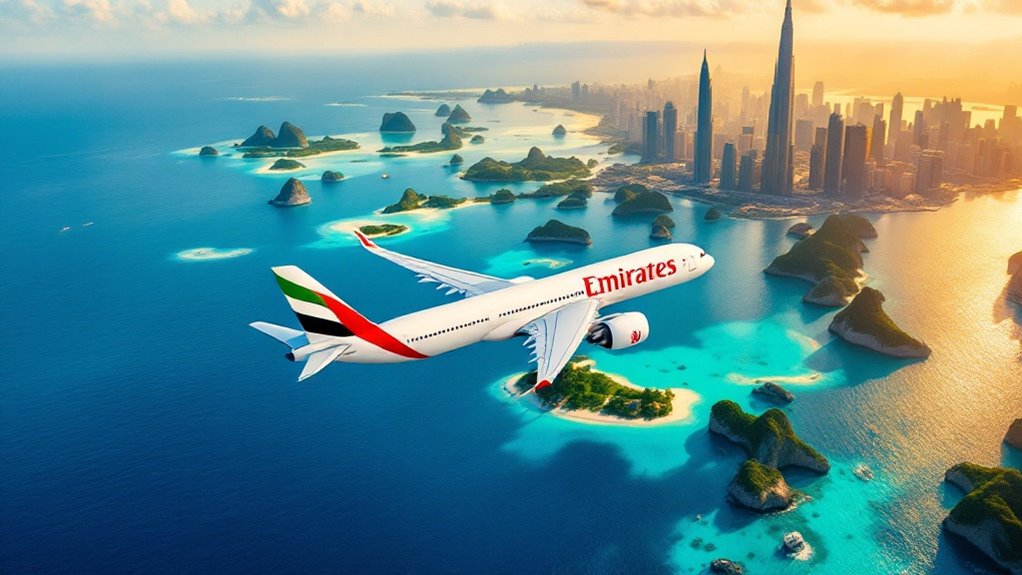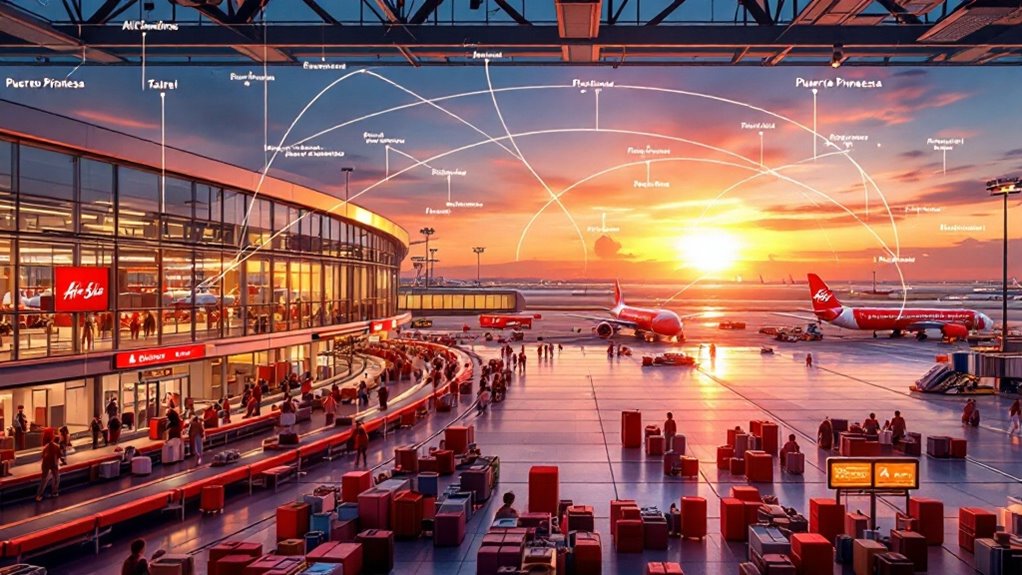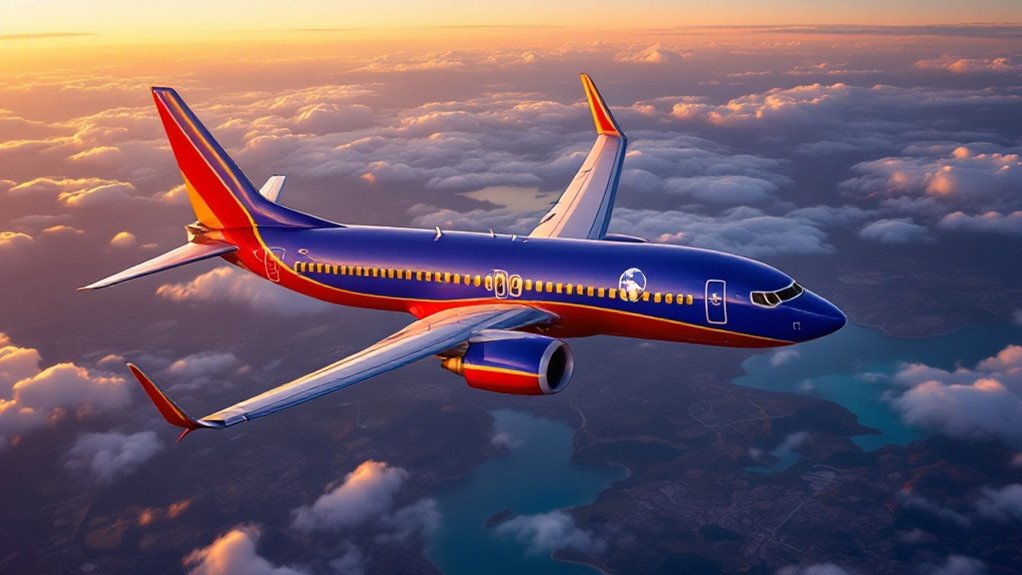Emirates and Philippine Airlines are expanding their partnership to enhance air connectivity between Dubai and the Philippines, focusing on greater travel capacity and seamless codeshare agreements. This initiative aims to boost tourism, stimulate economic growth, and strengthen regional trade, with Emirates operating 28 weekly flights and offering around 22,700 seats to Manila, Cebu, and Clark. The collaboration also includes co-promoting Philippine tourism and providing unified travel experiences. Further review will reveal additional details and the broader impact of this alliance.
As part of a strategic initiative to stimulate tourism and strengthen economic ties, Emirates and Philippine Airlines (PAL) are exploring an enhanced partnership aimed at improving air connectivity between Dubai and the Philippines.
The collaboration is structured around expanding existing codeshare agreements, which would broaden travel options for passengers flying between the two regions. By leveraging Emirates’ extensive global network, the partnership seeks to introduce more seamless connections, thereby making both Dubai and the Philippines more competitive as international tourism destinations.
Expanding codeshare agreements will create broader travel options and more seamless connections between Dubai and the Philippines for international travelers.
Discussions between the airlines extend beyond passenger operations to include potential growth in cargo services, which could further support regional trade. Emirates’ long-standing presence in the Philippines, with nearly 35 years of service and 28 weekly flights to Manila, Cebu, and Clark—offering approximately 22,700 seats—positions the carrier as a pivotal facilitator of travel. The recent memorandum of understanding (MOU) between Emirates and the Philippines’ Department of Tourism demonstrates a shared commitment to co-promote tourism programs and boost the country’s visibility in key international markets.
The recent establishment of Emirates’ first World Store in Southeast Asia, located in Manila, underlines the airline’s commitment to the Philippine market by focusing on personalized travel solutions and immersive retail concepts. A reciprocal code sharing agreement is being considered by both airlines as a way to improve connectivity and provide travelers with more unified booking and baggage experiences.
Enhanced air connectivity is projected to drive up visitor numbers, potentially leading to longer stays and increased tourism revenue for both Dubai and the Philippines.
In addition to direct economic gains, the partnership is expected to generate indirect benefits, such as job creation and expanded opportunities within the hospitality and related sectors.
Both airlines prioritize operational excellence, aiming to deliver superior efficiency, improved scheduling, and upgraded services to benefit travelers.









